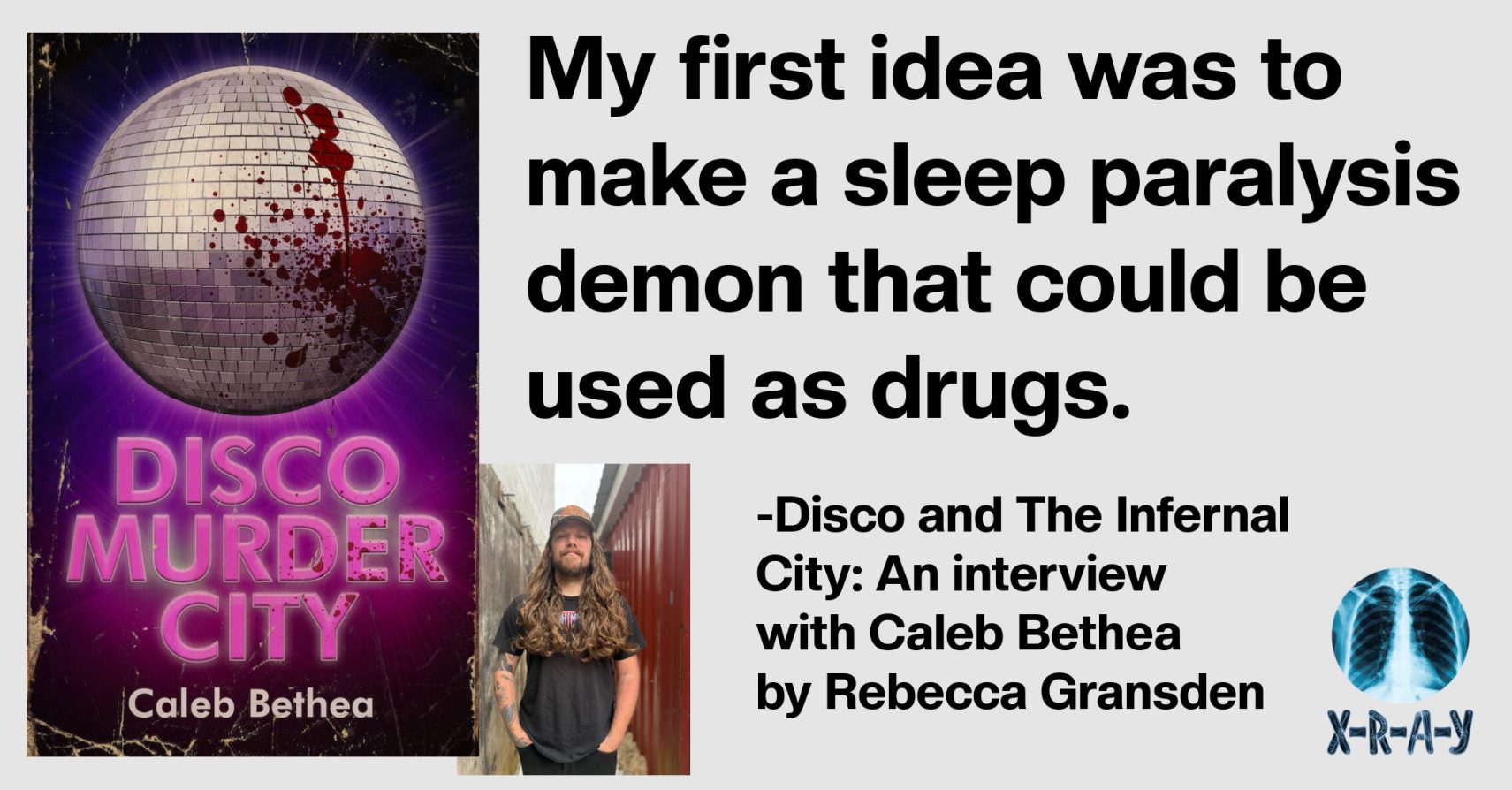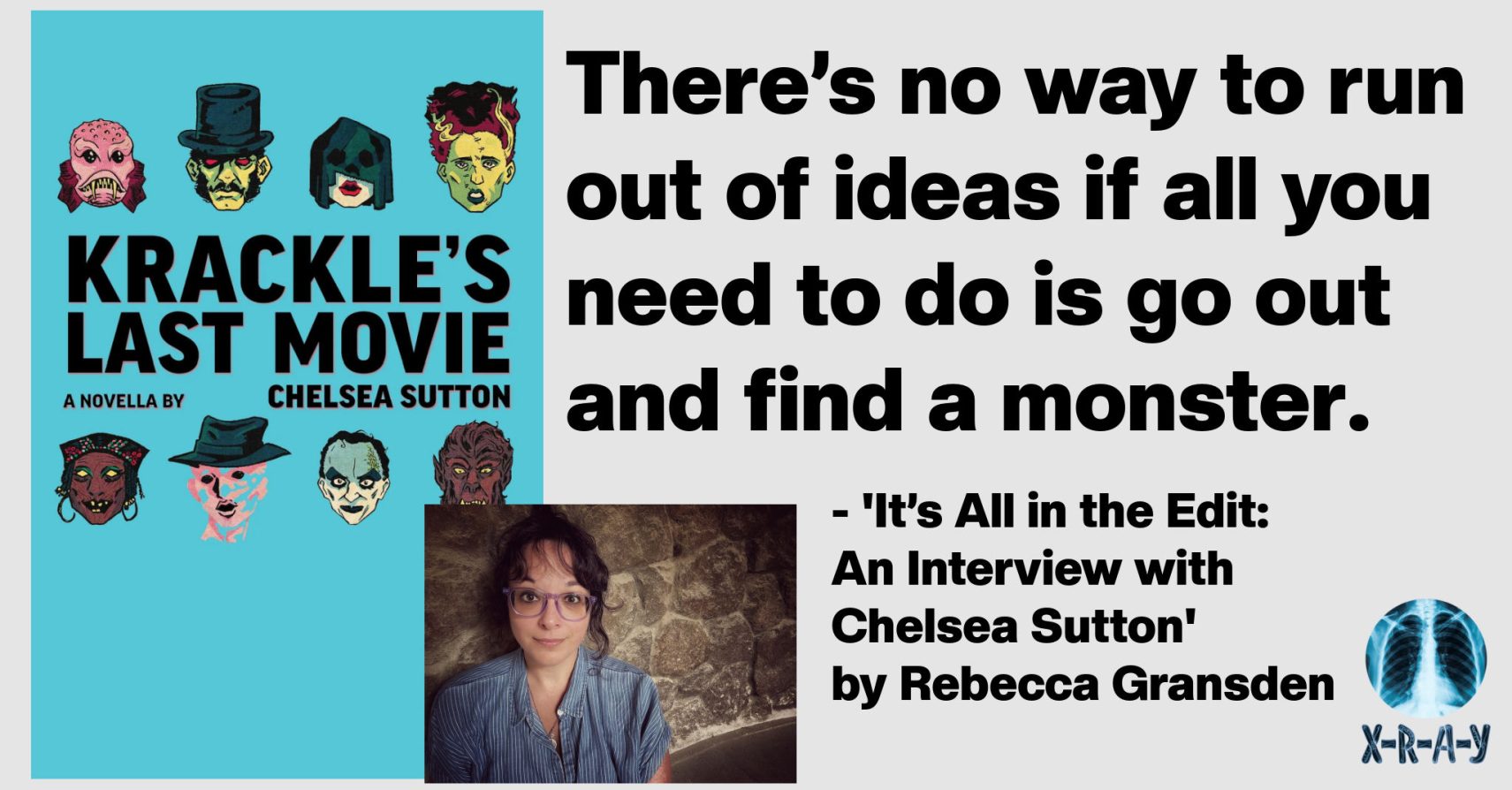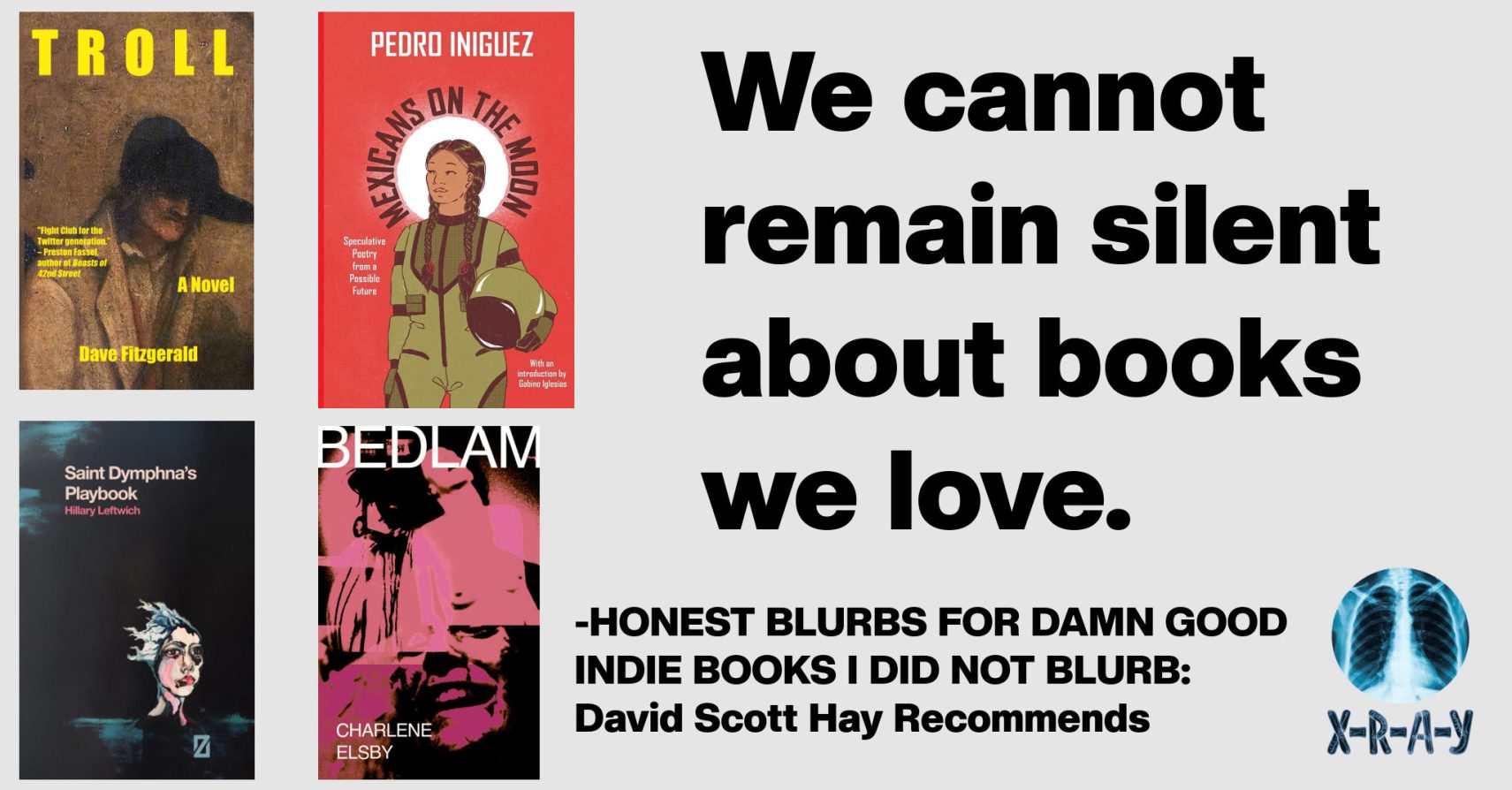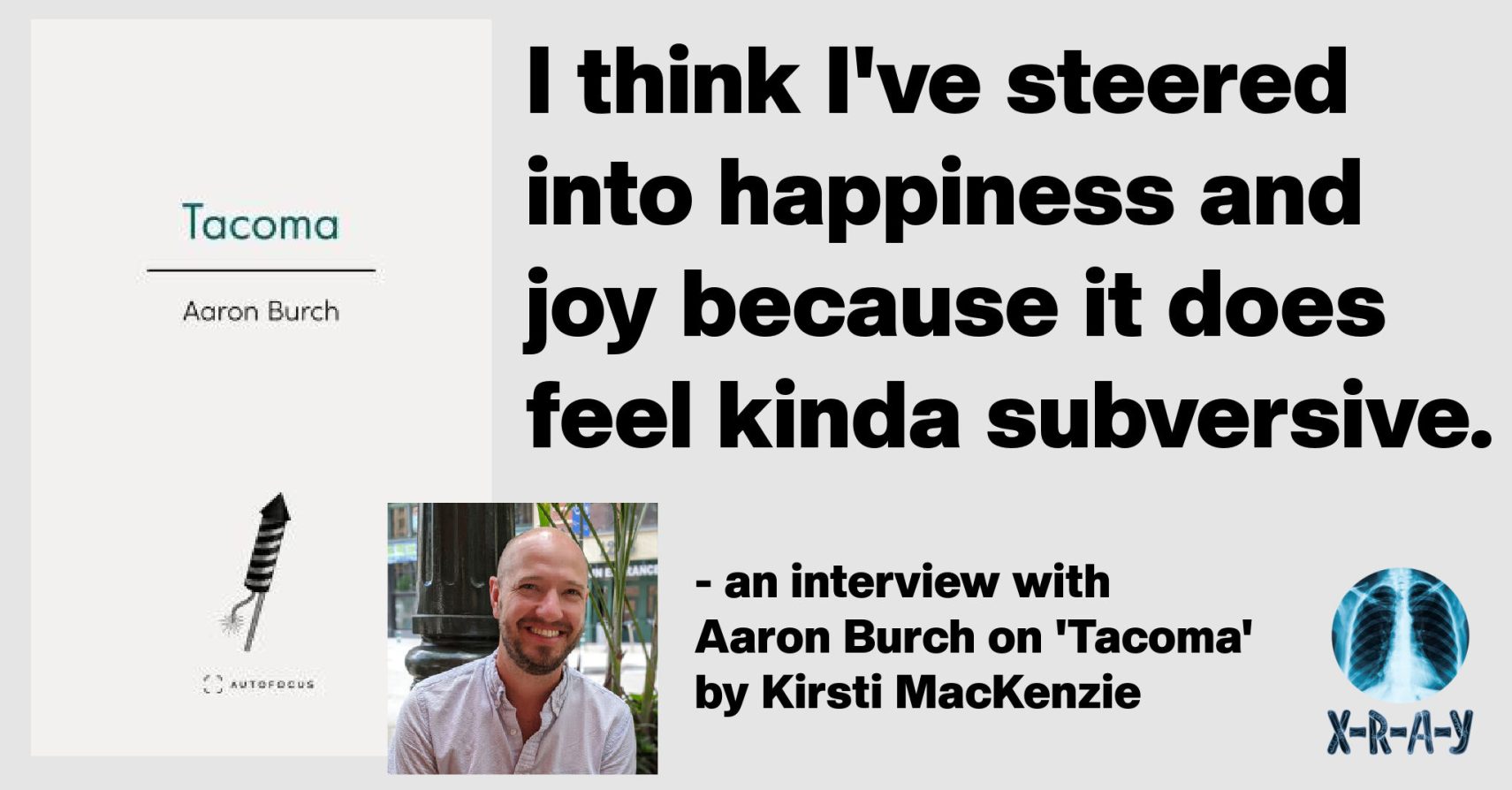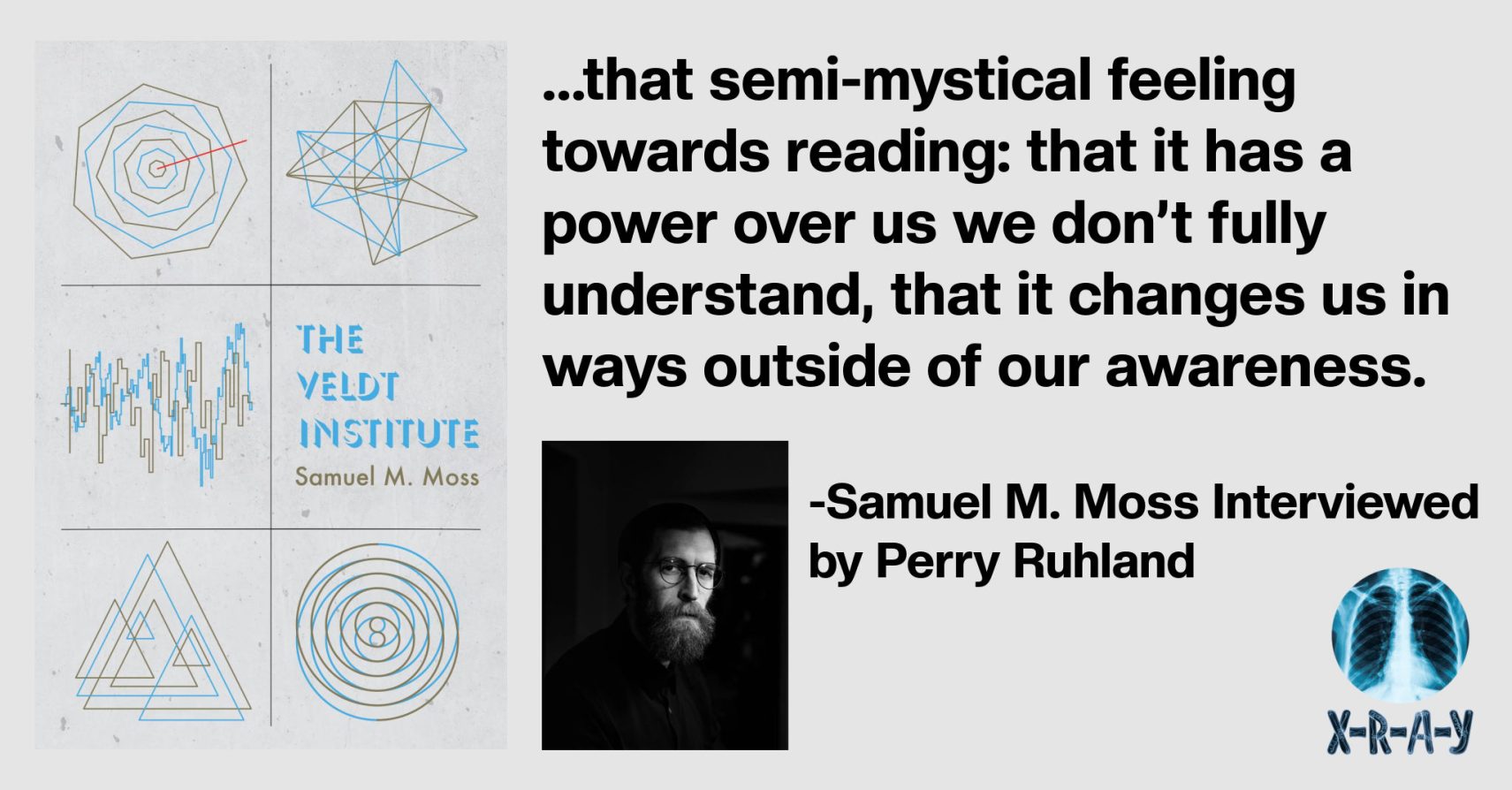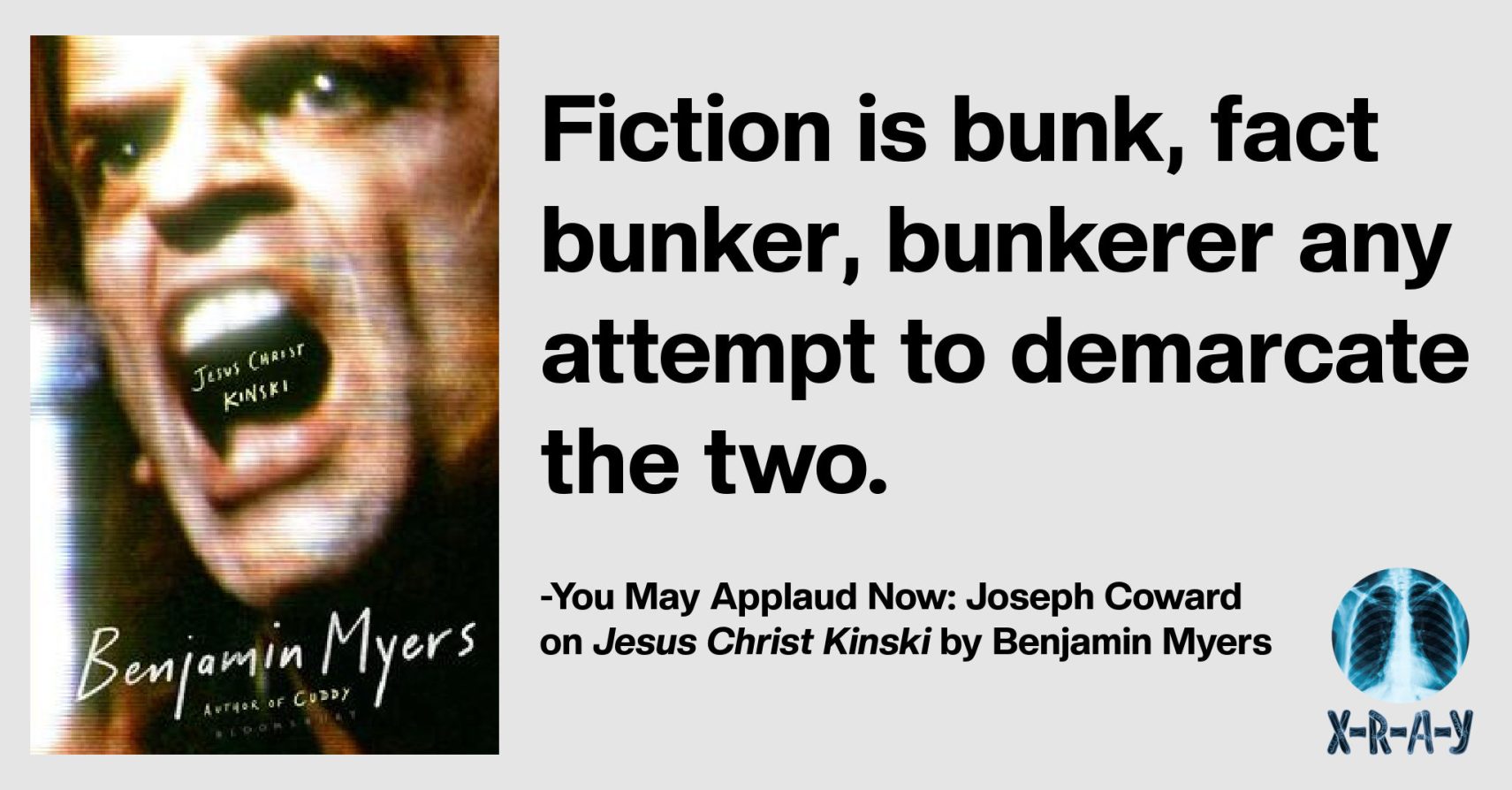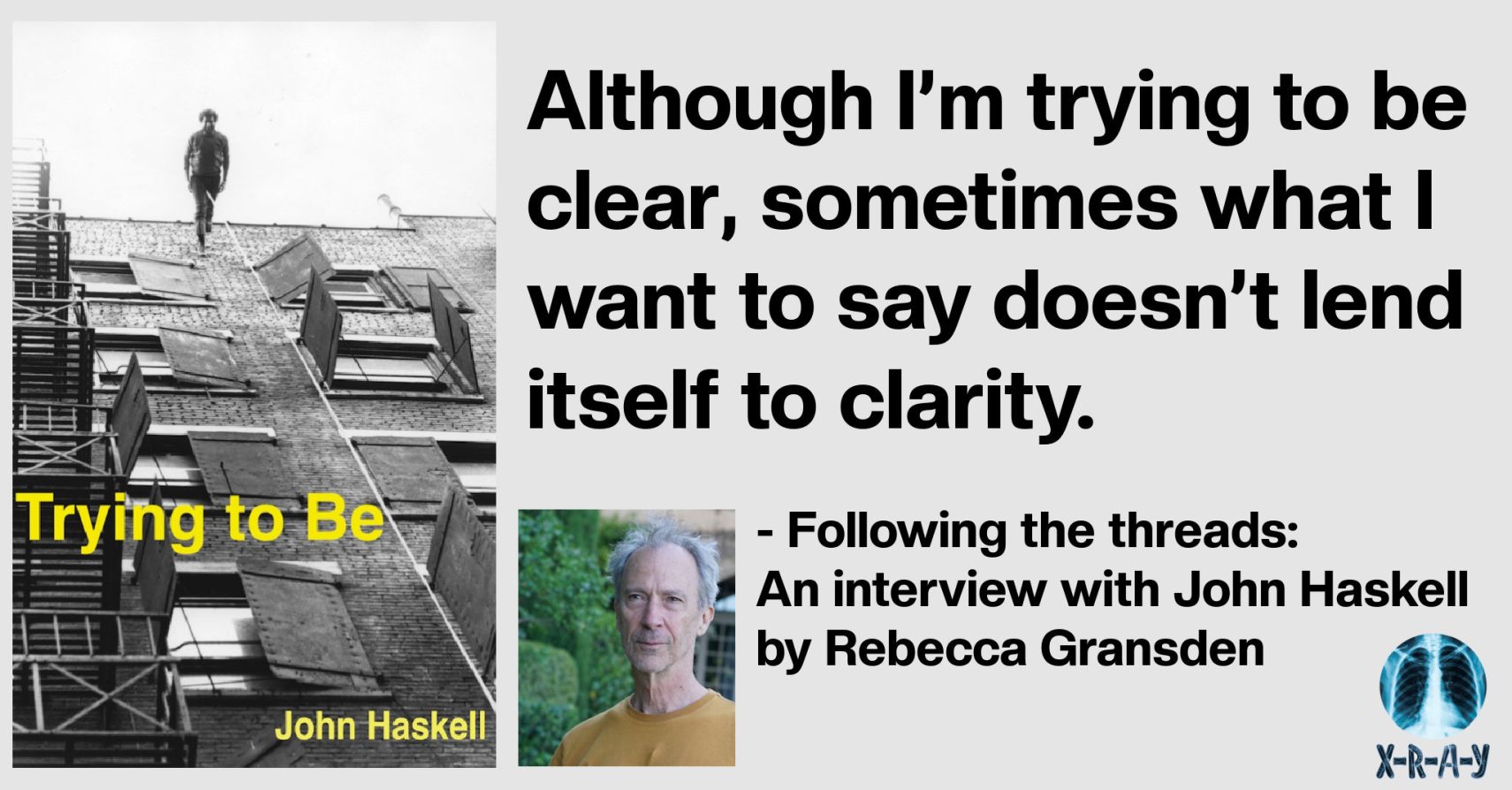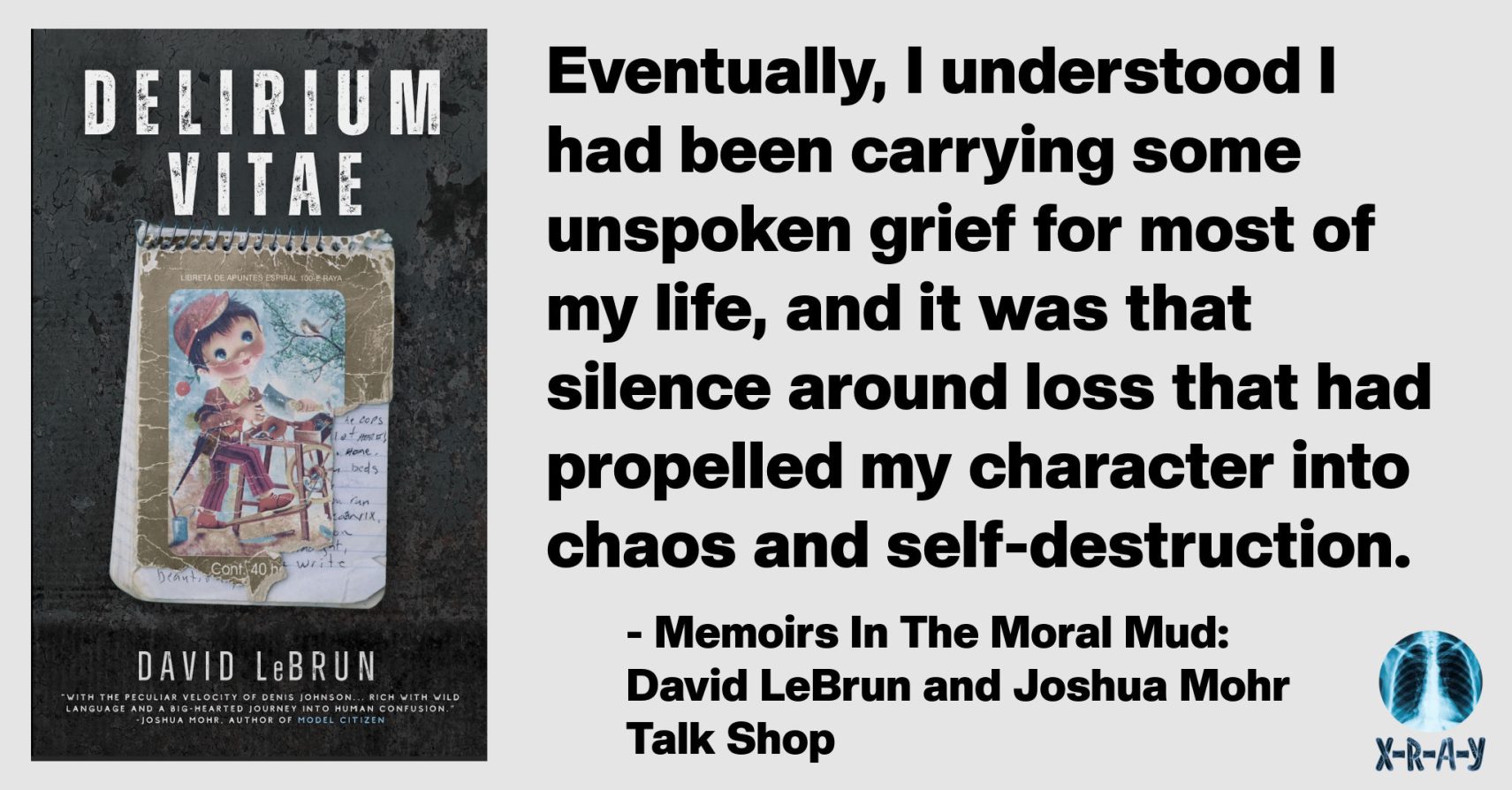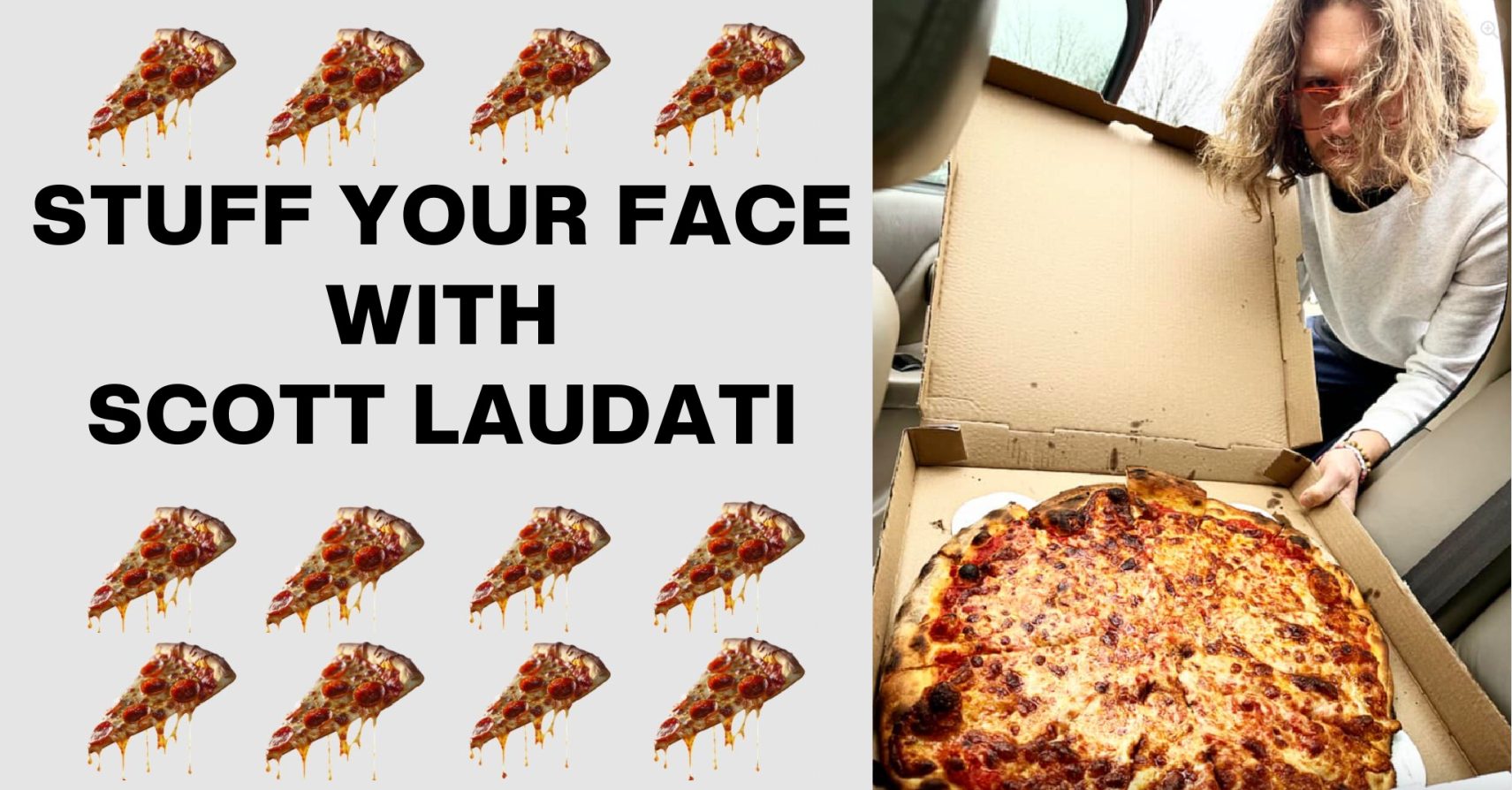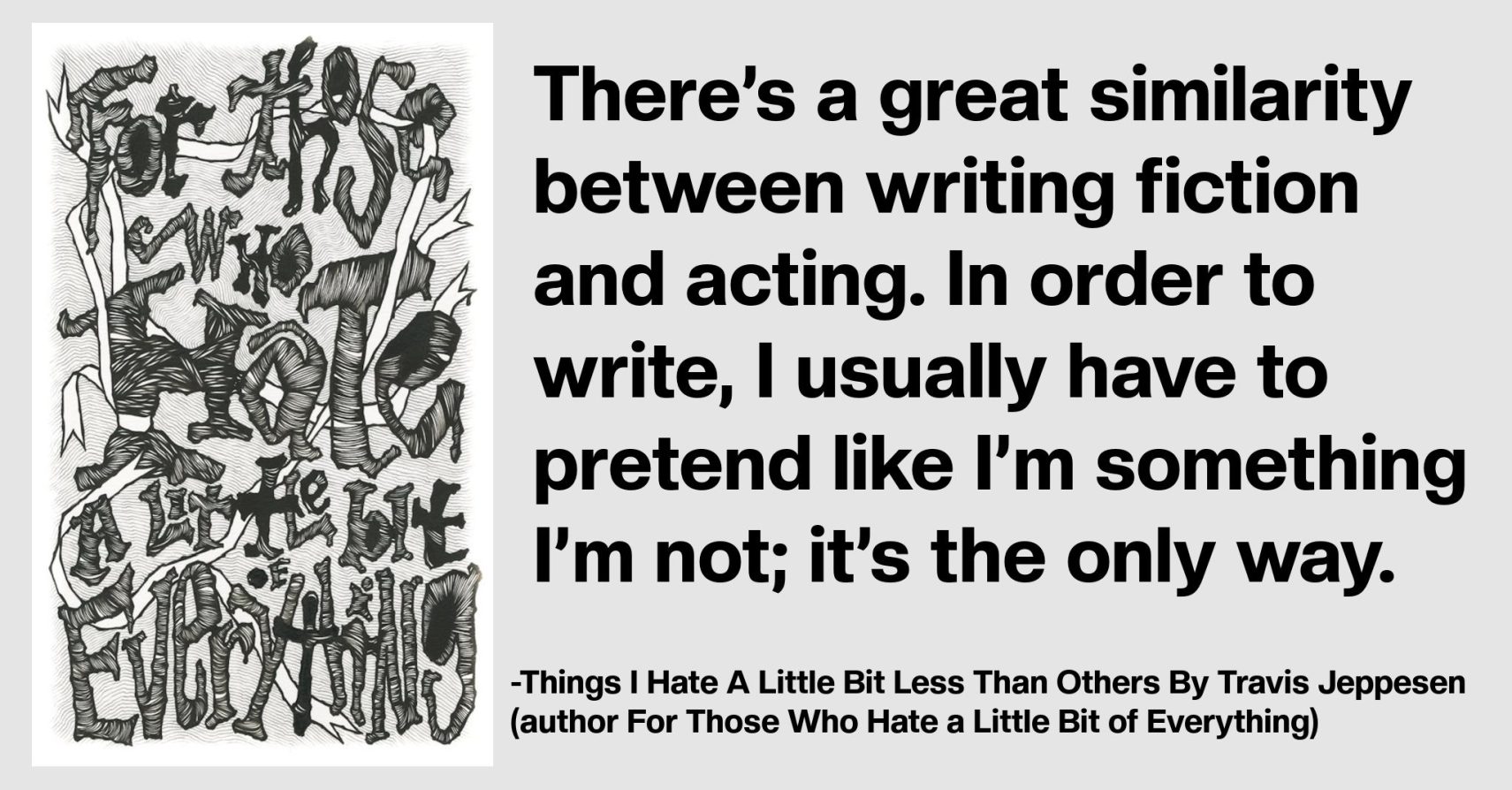
Things I Hate A Little Bit Less Than Others By Travis Jeppesen (author For Those Who Hate a Little Bit of Everything)
The stories of Diane Williams After finishing a thousand page novel a few years ago (Settlers Landing, ITNA Press, 2023), as a way of “recovery” I started writing these very short stories, many of which are gathered in this latest book. Diane Williams has built an entire career out of writing such miniatures – I hate the term “flash fiction”; one is almost tempted to call them “fragments,” only they’re not. Williams’s stories, along with Kafka’s parables, might look like fragments; in fact, they are wholes. (When we speak of fragmentation as form, we’re really talking about texture.) Equal,…

